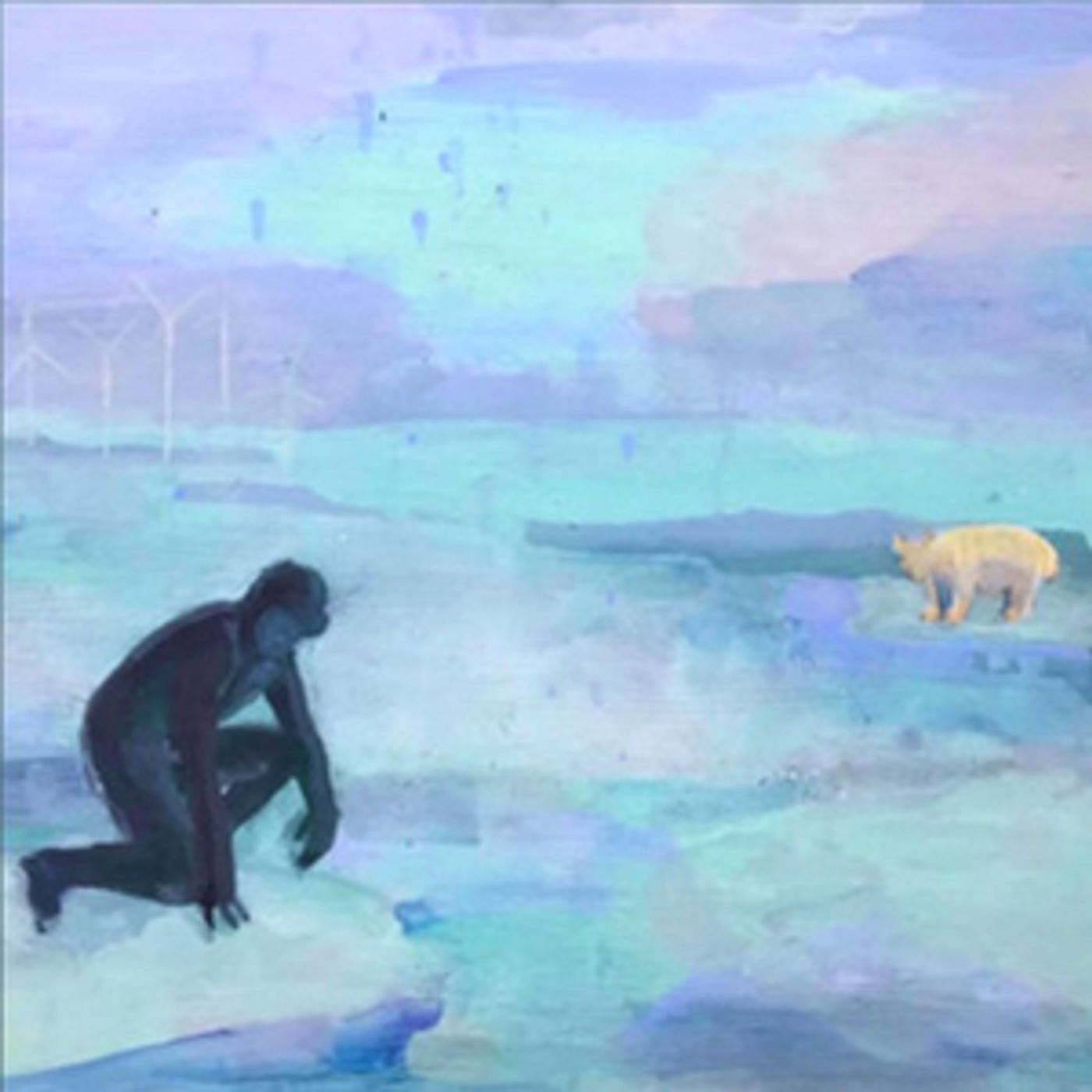Otherish Release 'How Lucky We Are Being Us and Each Other'
The album is out now.Discover the latest album from Otherish, available now on all major streaming platforms.

Quietly, almost imperceptibly—and most often entirely out of view—inspiration comes knocking and entices someone to veer off the beaten track. In the darkness of the unknown, where it’s too far to turn back but there’s still no sense of where one might arrive... that is the place where the Belfast-via-Bristol quartet Otherish find themselves on their third album How Lucky We Are Being Us And Each Other.
Four misfits with three distinct songwriters in their ranks, it took Otherish decades to get here. In fact, they weren’t here just a year ago, they can’t tell you how it happened, and they can’t even describe what it sounds like. That’s a good thing, because it’s best when bands that strike gold on blind intuition stay blind. From a listener’s standpoint, however, the appeal of How Lucky We Are is far less difficult to pin down.
Startlingly fresh, the album lands like a welcome splash of cold water to the face, immediately recognizable as a work that captures a band stepping decisively out onto its own limb. Conversely, the music bears a familiar quality, as Otherish somehow wrap their arms around the full arc of rock music and emerge with a seamless amalgamation—familiar and inviting yet undeniably offbeat.
So effortless and natural is the band’s ability to channel its influences that listening to How Lucky We Are is like looking into a mirror, where the listener hears elements of whatever they themselves bring to the table: fans of ‘60s folk and psychedelia, ‘70s prog and art rock, ‘80s baroque pop, ‘90s alternative, post-millennial indie pop and chamber pop, etc will all hear themselves reflected in the album.
Nevertheless, there’s an unmistakable sense that this music could only have been made right now. Like an author who’s spent a lifetime borrowing books from the library and realizes that their own voice came into fruition somewhere along the line, Otherish have invented their own language on tracks such as “Strange Rain,” “If Only,” “The Good, The Real, The Beautiful,” and so on. As the album unfolds, it becomes apparent that Otherish have become one of those groups that can only be described in terms of their own sound.
Sure, the band is unabashed about wearing hallmarks of other artists on its collective sleeve: a touch of, say, Peter Gabriel or David Bowie here and, perhaps, a dash of Richard Thompson or Nick Drake there, etc—all underscored by Beatles harmonies and an irrepressible drive for exploration, as well as echoes of Gaelic folk music and the affinity for written verse that resounds throughout Irish culture.
The secret to the way that Otherish allow these styles to bleed into one another is that the band’s four members have essentially been doing the same with each other for half a century: the bond between brothers Paul and Mark Bradley and their bandmate Francis Kane runs as deep as their bond with one another. Kane, in fact, was born in the same home as the Bradleys, just days apart from Paul.
In the ‘80s, the Bradleys and Kane relocated one by one from their native Northern Ireland to Bristol, England, each lured by the nurturing embrace of the arts community there, as well as by Bristol’s collective ethos that puts a premium on humility. As Kane points out, it’s fitting that the most famous artist to ever emerge from Bristol—the street-art legend Banksy—remains staunchly anonymous.
Along the way, Mark, Paul and Francis came across George Claridge, an Englishman born in Wales who joined the crew in time for them to form the fringe alternative outfit Me in the early ‘90s. (The late keyboardist Nick Scooper, also English, joined in ‘93. His presence endures in Otherish even after his passing in 2018.) Once proclaimed “best band in Bristol” by NME, the lads now concur with the assessment that Me’s impact was “not enough even to render cult status.” They didn’t escape Radiohead’s notice, but that’s a story for another day...
Looking back on the way Me fumbled through their bid for wider recognition, Kane, Claridge and the Bradleys recall playing to empty halls. They also insist they had the time of their lives. In hindsight, they understand that trying too hard often takes you further afield from your artistic truth. These days, Otherish are refreshingly unencumbered by self-consciousness, so much so that they've managed to recapture something akin to the naiveté that guides children when they fingerpaint.
No surprise, the newfound buzz comes as a surprise that no one in the band expected. It shouldn’t, however, surprise anyone on the outside looking in: with George, Francis and Paul all contributing songs, vocals and multiple instruments, Otherish functions as a microcosmic example of multiplicity flourishing against all odds. The album, in fact, brims with examples of contrast and complementarism.
Seasoned by all the years of playing together, it’s as if Otherish can’t help but draw from a kind of unwitting intuitive wisdom. They would probably balk—maybe even laugh out loud—at the suggestion that there’s any wisdom involved.
“It shouldn’t work,” says Kane, “but it does.”
Listen to the new album here:
Videos

